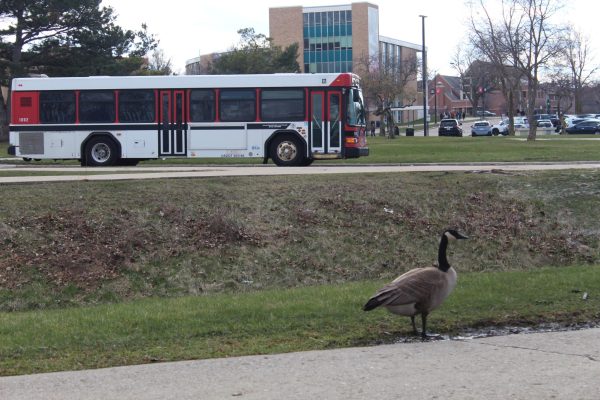Housing ordinances see continued debate
August 28, 2012
The City Council is looking to increase inspections, which could result in more fines on landlords and their tenants.
The Safe/Quality Housing Task Force has teamed up with the City Council to discuss four ordinances for the community: the rental properties inspection, criminal activity, chronic nuisances and registration ordinances. It is debated how much progress is being made and when the residents can expect to see the ordinances go into effect.
“Nothing has been adopted yet and nothing will take effect until at least the fall,” said City Manager Mark Biernacki. “An actual effective date is still to be determined.”
According to Biernacki, the City Council still needs to figure out a way to organize code violation inspections without imposing on people’s properties.
Jim Mason, owner of Mason Properties, said he believes the quality of housing in DeKalb to be better than in many parts of Illinois. Mason believes the city has yet to make a case that the inspections are even necessary to the community.
“The housing stock here is above average,” Mason said.
According to Mason and First Ward Alderman David Jacobson, any tenant and landlord can request an inspection at any time with no cost to the landlord or tenant.
“If there was a change to be made, obviously there’s a cost to that,” Jacobson said. “The question is, who pays for that?”
Mason said if the inspections did impose a higher cost on landlords, the tenants could be looking at higher rent fees.
Mike Pittsley, owner of Pittsley Realty, said he does not believe the inspections would impose higher rental fees on tenants right now, but could be a factor in the future if the city decides to enforce these inspections.
“We need to educate our neighborhoods and let the people know that they have rights,” Pittsley said. “Every tenant has the right to request an inspection at any time. They should call their landlords first, and if that doesn’t work, then follow through with contacting the city.”
Pittsley said the city may want to evaluate the increased inspections based on cost.
“The city does an adequate job, but needs to educate the tenants on ordinances and their rights to inspections,” Pittsley said. “Right now there is a 15 percent vacancy in DeKalb, and I don’t believe the city can afford to enforce these inspections.”












